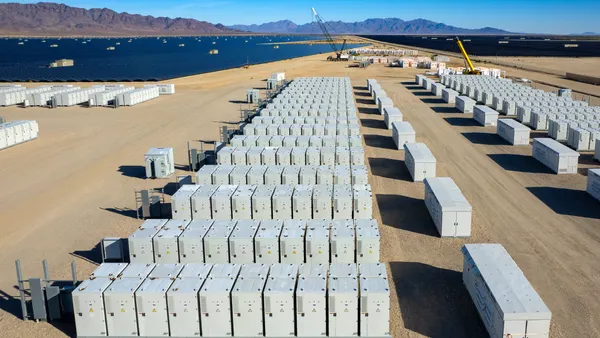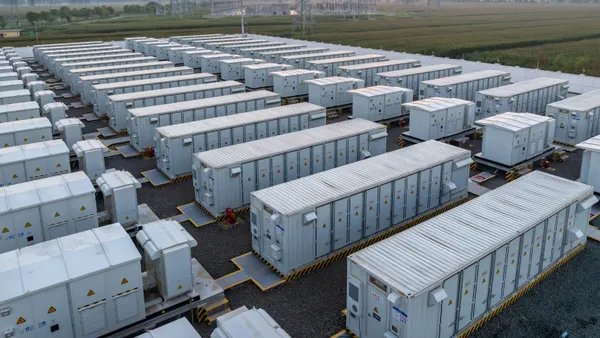Dive Brief:
- The Exelon-Pepco merger is facing more problems in the District of Columbia, the final jurisdiction left to approve the merger, the Washington Times reports. Last week, the D.C. Attorney General Karl Racine announced he is opposed to the proposed acquisition that could create the nation's biggest utility without further conditions.
- The D.C. Council also approved a $13 billion budget that included $250,000 to study the potential impacts of breaking with Pepco and establishing a municipally-run utility for the nation's capital. Six of the 13 councilmembers have come out against the merger, although Mayor Muriel Bowser (D) has declined to weigh in.
- D.C. anti-merger activists held a town hall meeting on May 27 featuring city lawmakers and officials from Boulder's planned municipal utility to talk about options for forming a publicly-run electric utility should the merger with Exelon be approved by D.C. regulators.
Dive Insight:
After facing the stiffest public resistance of any state to the proposed acquisition of Pepco by Illinois-based Exelon, D.C. regulators are expected to issue the final decision on whether or not the merger can go forward later this summer. Utility regulators in Virginia, Delaware, New Jersey and Maryland, as well as FERC, have already authorized the merger.
But the District's progressive politicians and activist groups are ratcheting up the pressure on regulators leading up to the final vote. Last week, the city's top lawyer, Karl Racine, came out against the merger if no more conditions were added, saying that the two companies have not done enough to prove that the deal is in the best interest of D.C. ratepayers. Anti-merger activists and the D.C. Office of Public Counsel have warned since late last year that the merger could result in higher prices for District residents and that reliability will not increase significantly over Pepco's current goals.
Six of the 13 D.C. councilmembers have now also come out against the merger, although the mayor has stayed mum on the issue, telling the Times that the filing from Racine's office should be considered the "counsel of record on the matter."
The move could be seen as an attempt to extract more concessions from Exelon in the event that the District PSC approves the merger. Last month, after its attorney general also came out against the rule, Maryland regulators got Exelon to agree to 46 conditions on the merger, including renewables requirements and higher reliability standards.
But extracting a better deal from Exelon isn't what many anti-merger activists want in the end. D.C. Public Power, a group pushing for a municipal utility in the District, held a town hall meeting last week to organize and drum up support for the idea of replacing Pepco with publicly-run utility, as Boulder is currently in the process of doing.
While that campaign appears to still be in the planning stages, the Council also moved ahead on the municipal utility subject, writing a $250,000 study into the lawmakers' 2016 fiscal year budget to address possible impacts of forming a municipal utility. The budget, which is voted on twice, passed a first vote last week and is expected to be signed by the mayor, whose office worked to craft most of it with the city legislators.
Exelon, for its part, has maintained that its acquisition of Pepco would result in lower prices and enhanced electric reliability for all its customers, and hopes to have the merger finalized by the third quarter of 2015.













